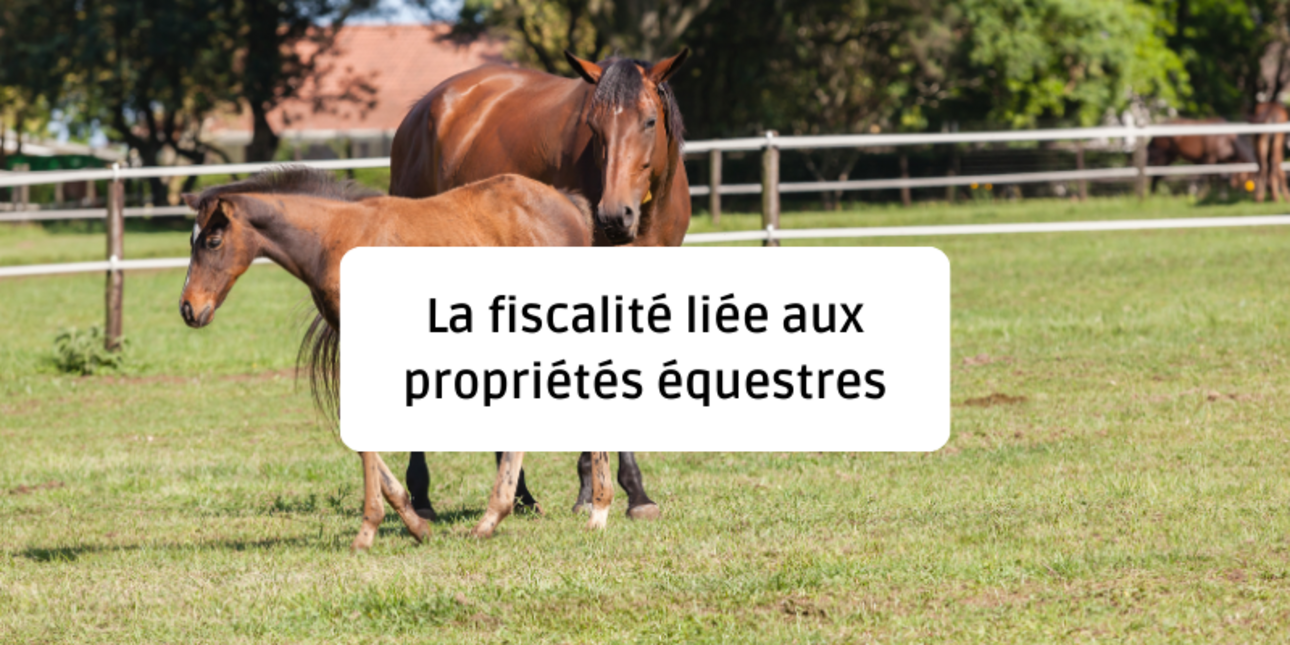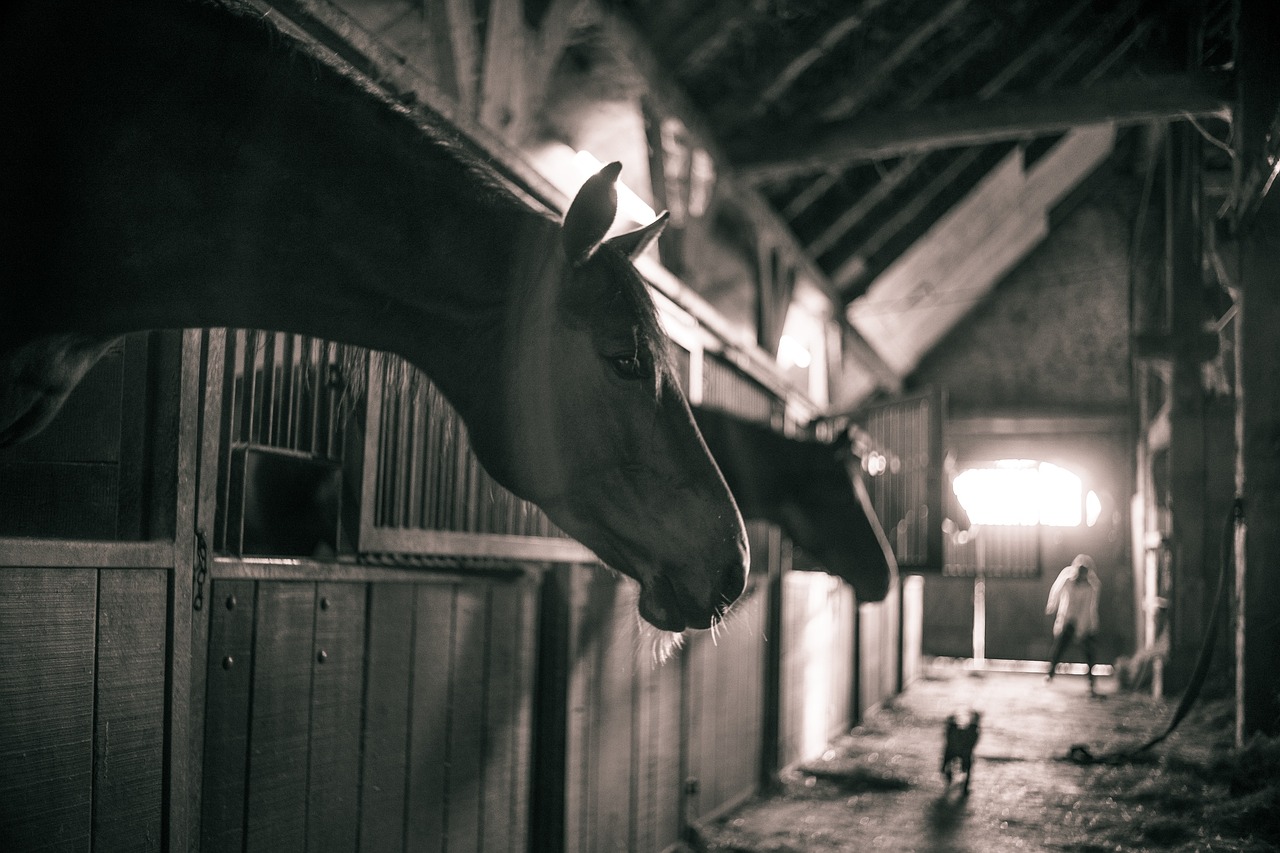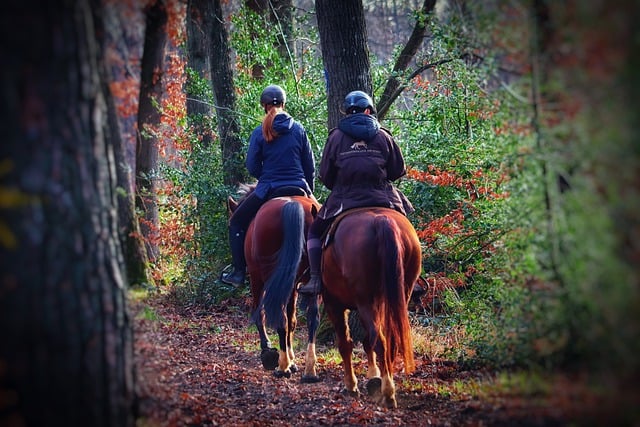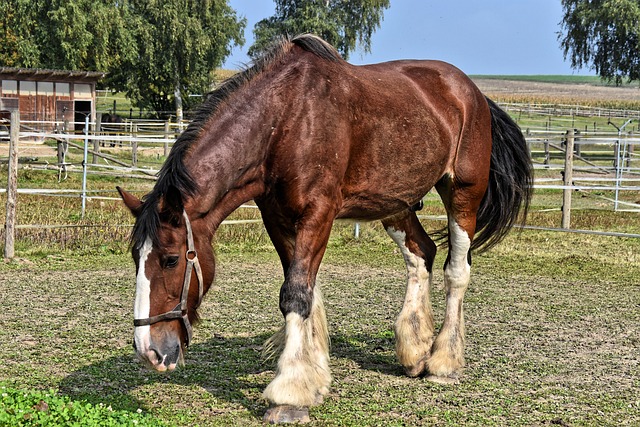
The taxation of equestrian properties is a complex area that requires a good understanding of the different regimes that apply. This article aims to clarify the main tax aspects to be taken into account by equine owners and future owners of equestrian businesses.
The preparation, training and operation of domestic equidae are considered agricultural activities. Income from these activities is therefore taxable as agricultural profits. This applies in particular to
Race winnings and bonuses received by horse owners are treated differently depending on the owner's status:
Some equestrian activities are considered to be commercial and are therefore classified as industrial and commercial profits (BIC). This is the case for :
The choice between sole proprietorship and company depends on a number of factors:
It is also possible to separate agricultural land from the equestrian business:
In this case, care must be taken not to build on someone else's land. This dissociation allows rent to be deducted from farm income (less farm income in return for land income), which can reduce the base subject to MSA agricultural social security contributions. It also enables you to benefit from tax advantages, which can be substantial if the lease is a long-term one (see below).
Equestrian operators whose annual income does not exceed €85,800 can opt for the micro-BA scheme. Taxable profit is then equal to 13% of income.
This is a simple system, requiring no bookkeeping, but it can be disadvantageous if the company makes a loss. In this case, it is possible to opt for a real profit system.
Above the €85,800 threshold, the farm is subject to the actual taxation system. This system allows more accurate deduction of actual operating expenses.
Accounting is required.
Opting for corporate income tax can have a number of advantages, including limiting taxation if income is not distributed to associates.
VAT liability is compulsory for sales in excess of 46,000 euros. Below this threshold, the activity is subject to the flat-rate refund (RFA), which allows you to be reimbursed for part of the VAT based on a percentage of sales. It is of course possible to opt for VAT liability.
The simplified agricultural regime allows VAT to be reclaimed on purchases, and requires VAT to be charged on receipts at different rates depending on the nature of each activity.
Standard rate (20%)
Are subject to the standard 20% rate:
Reduced rate (5.5%)
The reduced rate of 5.5% applies to riding schools for:
Intermediate rate (10%)
The 10% rate applies to sales of horses for agricultural production or slaughter.
There are a number of ways to significantly reduce the cost of transferring an equestrian property:
Groupement Foncier Agricole (GFA):
Long-term lease:
Pacte Dutreil:
These mechanisms offer substantial allowances on the value of assets passed on, enabling a substantial reduction in inheritance or gift tax.
Professional assets, including horses and equestrian facilities, may be exempt from Impôt sur la Fortune Immobilière (IFI) under certain conditions:
This exemption can represent a significant saving for owners of valuable equestrian estates.
The capital gains regime varies according to the owner's status:
Non-intervening owner :
Owner and professional :
Please note: although the main information is correct, taxation is a complex and constantly evolving field. It is always advisable to consult a professional for advice tailored to your specific situation and up-to-date with the latest legislation.
Here are some of the tax measures applicable to farms and equestrian businesses:
Tax credit for replacement expenses :
Hazard deduction :
Three-year fiscal average :
Declining-balance depreciation for certain equipment :
Tax optimization in the equestrian sector requires an in-depth analysis of each situation and constant monitoring of regulatory developments. We strongly recommend that you consult a chartered accountant or a tax lawyer specialized in the equine sector, for personalized advice tailored to your specific situation.
Equestrian activities come under the agricultural social security scheme managed by the Mutualité Sociale Agricole (MSA). Here are the main points to remember:

It's important to note that the agricultural social security system is constantly evolving. We recommend keeping abreast of legislative changes, and consulting a chartered accountant or the MSA for up-to-date information tailored to your specific situation.
Owners of racehorses benefit from a special tax regime, with an exemption on race winnings for non-racing owners.
Equestrian show activities are excluded from the scope of agricultural activities, and generally come under the BIC regime.
Soilless livestock farmers are subject to special rules, and their profits may be classified as BNC.
The taxation of equestrian properties is a complex field, requiring an in-depth analysis of each individual situation. The choice of legal and tax status, as well as the optimization of various tax exemption schemes, can have a significant impact on the profitability of an equestrian operation. We recommend that you consult a chartered accountant or tax lawyer for personalized advice tailored to your specific situation.
The French equine industry benefits from a number of advantageous tax regimes, but also faces a number of challenges, not least the rise in VAT in the sector. A good understanding of the applicable tax rules is essential to ensure the sustainability and development of equestrian activities, whether breeding, sport, leisure or racing.